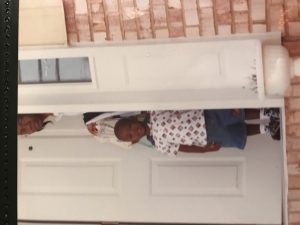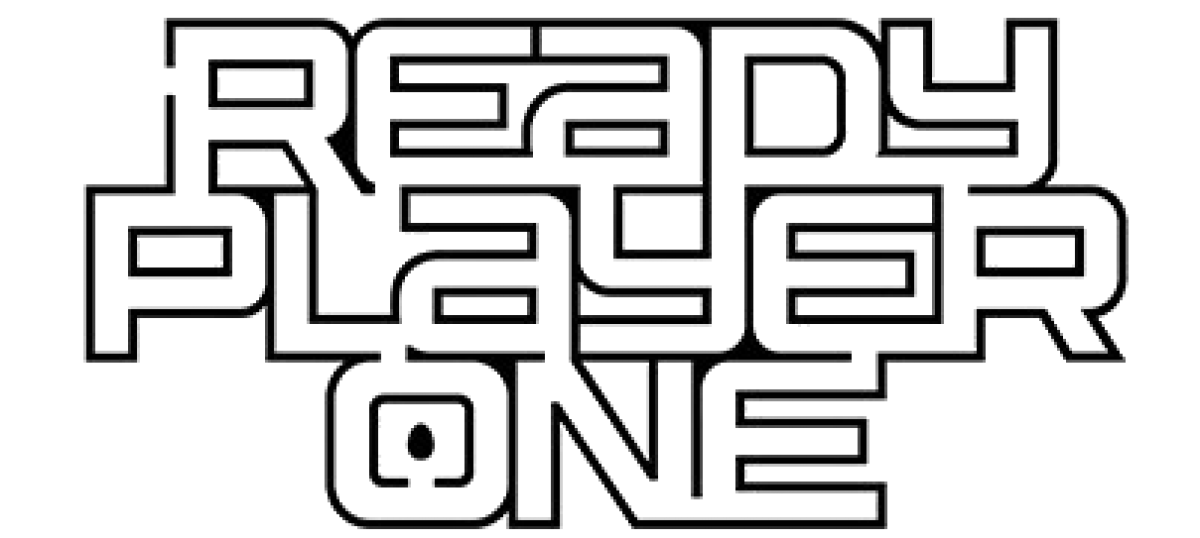Learn to read and right…. write?
If someone asked you “how/where did you learn to read and/or write?”, a question one would ask is “well where do I start?”. There is an eternity of factors that go into when you learned to read and write, where you learned to read and write, and how! Everything or everyone from books, pens and pencils to parents, teachers, siblings, and tutors. Even the little things such as reading street signs or reading labels at a grocery store contributes to the expansion of your knowledge and reading comprehension skills. The factors that stuck to me most were books, teachers, parents, and public readings (street signs, labels, etc.). Reading books increased my reading comprehension and expanded my imagination, while teachers were taking what I knew, and walking me a step further in reading and writing from year to year. Parents laid down the foundation for all basic reading and writing. Although these skills are very broad and general, they are core.
Teachers are truly a wonderful tribute to our everyday community. They take the time out of their own lives to teach what they know so you can prove what you know. They’re often parents of their own children, but while teaching, it’s not so hard to grow a bond with them that lasts an eternity. Date back to the beginning. Ms. Cull’s class, Kindergarten, 5 years old. I could still remember walking in to an ever-so-warm “Hello! Welcome to kindergarten!” with the sincerest of smiles. She was very short but at my age she was tall. The best learning experience one could experience is the feeling of knowing that you’re learning something and that you’re growing intellectually, and at the age of 5, all you’re doing is learning! Everything from learning the alphabet and learning numbers to learning cursive. Those are the few things that lay down the foundations of reading and writing. Skip a couple years to 2nd grade, where you have the foundations of reading and writing, you start to learn to form paragraphs and put a multitude of thoughts into a–what we thought at the time was–a good piece of writing. Hearing the “good job” or “good work” is motivating and it’s another great attribute that teachers have, and it’s a prime example as to why they’re great at teaching to read and write. Middle School. Middle School. When you get to this level of learning, it’s a lot different than elementary school. The teachers are slightly stricter than their 5th grade and below counterparts. They expect more out of you as you are getting older. Paragraphs get longer. Readings and books get longer and filled with much more complex vocabulary. Therefore, the teachers have to do more teaching. I can remember being in 6th grade coming into my first class and not feeling exactly the same aura from my teacher as would’ve in 5th grader or earlier. You start to go more in depth with your paragraphs, as they teach you what to include in your paragraphs, and eventually they turn into essays. Fast forward all the way to high school, and teachers are teaching you to read and write in preparation of a higher level of education. Whether it be college–community or a university, or some trade/schools of arts, it’s what they prepare you for. Now, here I am writing papers the way I do, primarily because of teachers.
Ah, books. Each one is vastly different from another. Everything from the cover of a book to the chapter structure, to the synopsis on the back! The great thing about books is that as before you even read one page of it, you have no idea how you’re going to feel about it after you finish. Not to mention the fact that you’re learning. With each unknown vocabulary word, with each old, Shakespeare-level difficulty language and/or jargon, you’re expanding your knowledge and opening up your mind to new things. Something as simple as Dr. Seuss’ Cat in the hat or Green Eggs and Ham had an effect on you as a child that you didn’t realize then, but when you look back on it, you see the long-term effect. Reading Christmas stories such as The Grinch who stole Christmas on Christmas eve with my mom or dad, smelling the snicker-doodle cookies and hearing “A Christmas story” play subtly on the TV in the background. Those moments that books create not only create family memories or childhood memories, but expand your knowledge exponentially. Only other thing that could do that is being in school itself! Books even in recent years can take you into another world you may have never thought of before. Just 2 years ago in 10th grade I recall reading Lord of The Flies and feeling my mind go into an entirely different world with the plot of the story, the characters, the setting, and most importantly, the dialogue! Seeing the things you see in books often made my writing more creative and more whimsical, rather than just writing or typing words on a paper in a bland, rather “vanilla” type fashion. Even dating before that, in middle school I read The Giver and coming into middle school reading that, it opens up your vocabulary practically 10-fold. This helped me progress as a writer and as a reader. In Elementary school, you’re at the relatively basic level of reading, where you’re given a reading and you’re simply asked, “well what does this mean?” It’s simple but important. In 3rd grade I can vividly picture my 3rd grade teacher doing a read along and my mind going deep to the book. Granted, you weren’t being asked to go so in depth that it was to the point where you were analyzing the text, looking for multiple forms of rhetoric like you may have in high school. Nevertheless, as you read more challenging books, your reading comprehension increases and so does your reading level. Books are easily one of the foundational aspects of reading and writing.

Parents. The rather “tricky”, per se, part about parents when it comes to reading and writing is that their contribution is relatively heavy when you’re very young and not-so knowledgeable, and slowly dwindles or often drops off dramatically as you get older. At the most basic level possible, parents teach their kids to read and write starting from a few months old. Usually parents start off simple by teaching “ABC’s 123’s” or by just starting off with your name. My earliest memory possible memorable is me sitting on my mother’s lap at the age of 3, seeing her write out my name with all letters of the alphabet written out above my name, and hearing her say, “say Hi, my name is Marcus”. That meant a lot to me because even though it’s something we say every day without thinking about it, at that age it’s often a childhood milestone. When I was 4, I would always go to the bank with my dad every Saturday and every time I pronounce a word right on the roads as we drove there, I would be granted a lollipop from him when we actually got to the bank. This was small, yet important. It vastly increased my reading skills at a young age. Now, as you get a bit older, you require less help from your parents in terms of homework, learning, and intellectual growth. At the age of 11-14, they realized that sooner or later, I’ll be on the road just like them. They started teaching me what the different signs and warnings represent. Signs like “ROAD WORK AHEAD” were explained, as you can hear the jack hammers, construction trucks, and other tools/utilities gradually getting louder as you approach the road work. Trivial things like this weren’t pivotal per se, but they increase reading comprehension. Parents help set a foundation for everything you learn thereafter.
There are in fact a million other factors that contribute to the growth and expansion of your reading and writing, such as other relatives, friends and peers, and also smaller, often unnoticed things. Things like pen, pencils, paper, notebooks are needed in order to learn to read and write. However, teachers, books, and parents are the 3 core things that built up my reading and writing skills. Parents carried us through the grass field and dropped us off at the beginning of the forest of literature. Teachers guided me through the forest of literature, while books were the flashlight needed in order to see in the forest. So when people ask “where/how did you learn to read and write?” I would say “Well my parents, teachers, and books were a big chunk of the reason I can read and write the way I do.”

I used to bring pens and pencils with me everywhere because I always used to be writing on something and writing words somewhere. Great work, maybe just try starting you sentence off being more specific but other than that, it was a job well done.
Your essay reminded me about how with every book I read, it strengthened my vocabulary. And my suggestion would be use more detail on each educational resource.